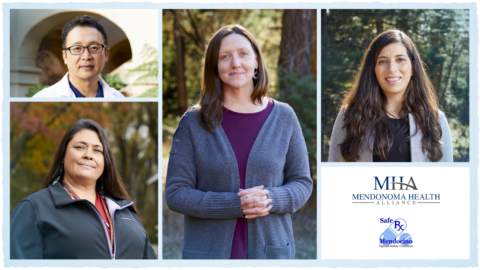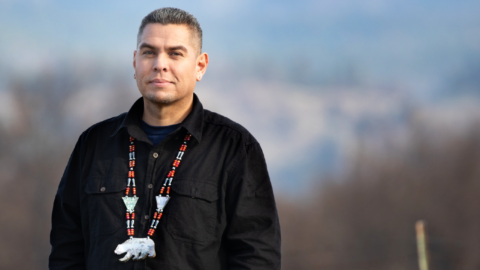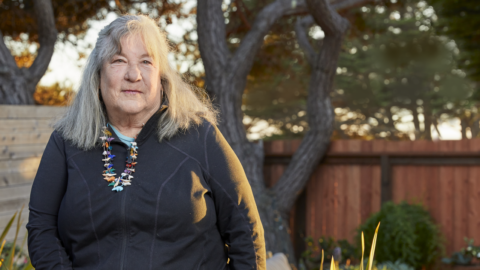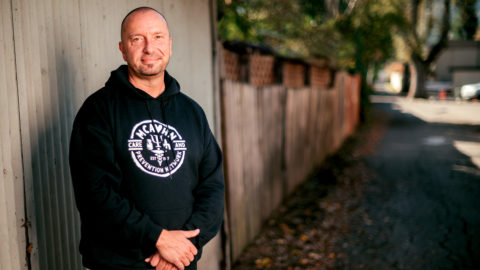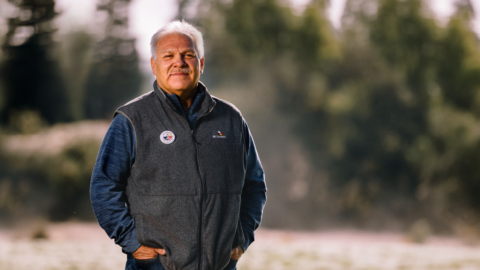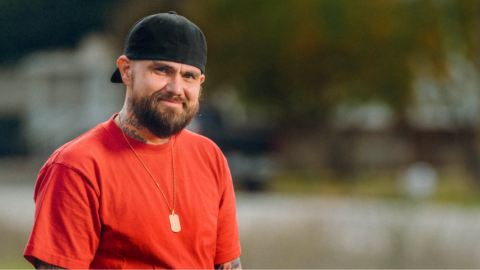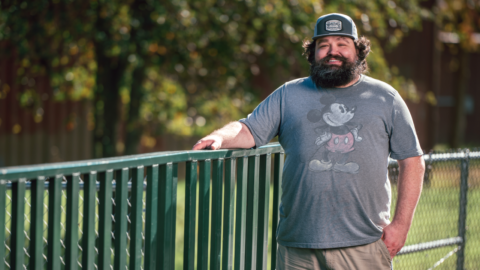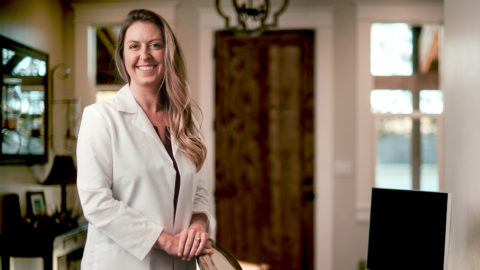“People out here want to be away from everything, and they’re used to doing things on their own,” says Dave Crowl, who worked for 30 years as a paramedic before becoming the District Administrator for Coast Life Support District on the northern coast of California. “Turning to alcohol and drugs to help self-medicate seems like a rational choice. But once you start down that path, it’s hard to break it.”

Escaping the stigma of addiction
In this rural area, more commonly referred to as ‘Mendonoma,’ the communities are small and tight-knit. “Everybody knows everybody,” says Katherine Wells, an EMT with Coast Life Support District. But as she sees in her daily work, the challenges that people face are the same as those in more populated areas: “There’s still addiction; there are still overdoses.”
Stigma becomes especially problematic in such small communities. For those who are struggling with drug or alcohol use, it creates additional barriers to finding the support they need. “The stigma is one of the main reasons why people can’t get away from it,” says Dave.
Addiction is often only one of a variety of challenges that an individual might be facing. Alcohol or drug use is often just a symptom of other underlying factors. But rural communities, as Dave explains it, have a smaller “social net.” There are simply less support services and professionals in the local area, so it can be hard to adequately address the community’s needs.
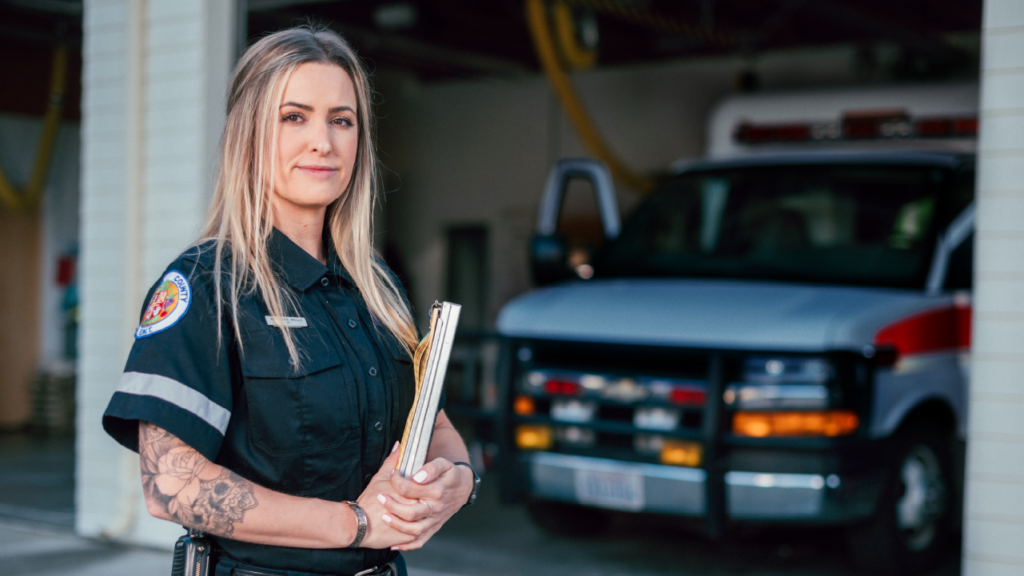
For people living in Mendonoma, local organizations came together to fill the gap. Mendonoma Health Alliance works with Coast Life Support District to provide patients with wellness education and prevention services to help overcome addiction. Emergency response personnel, like Katherine and Dave, cover a territory spanning nine communities, including nearly 70 miles of the Mendonoma coastline.
Being a part of the solution
Dave is proud to be a part of the team making this work happen. One of his team’s most powerful offerings is simple: availability—the ability to get people help where it’s most needed. “There’s something beautiful about somebody being able to pick up the phone and call a simple number, and no matter what’s happening, we’re going to come out and help you,” he explains. “We’re here for you.”
“This could be your family member. This could be someone you love,” says Katherine. “It’s important to let them know: there is support. There is help out there.”


